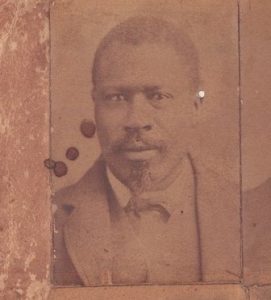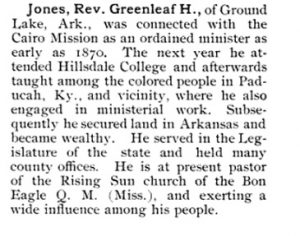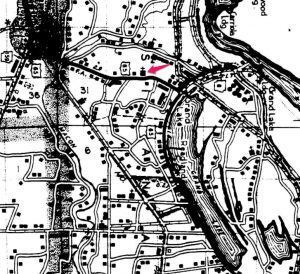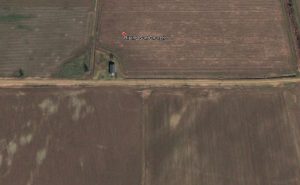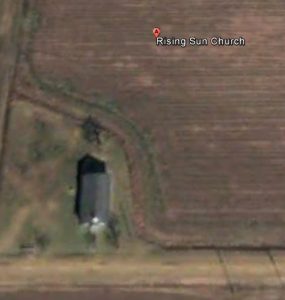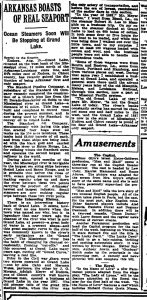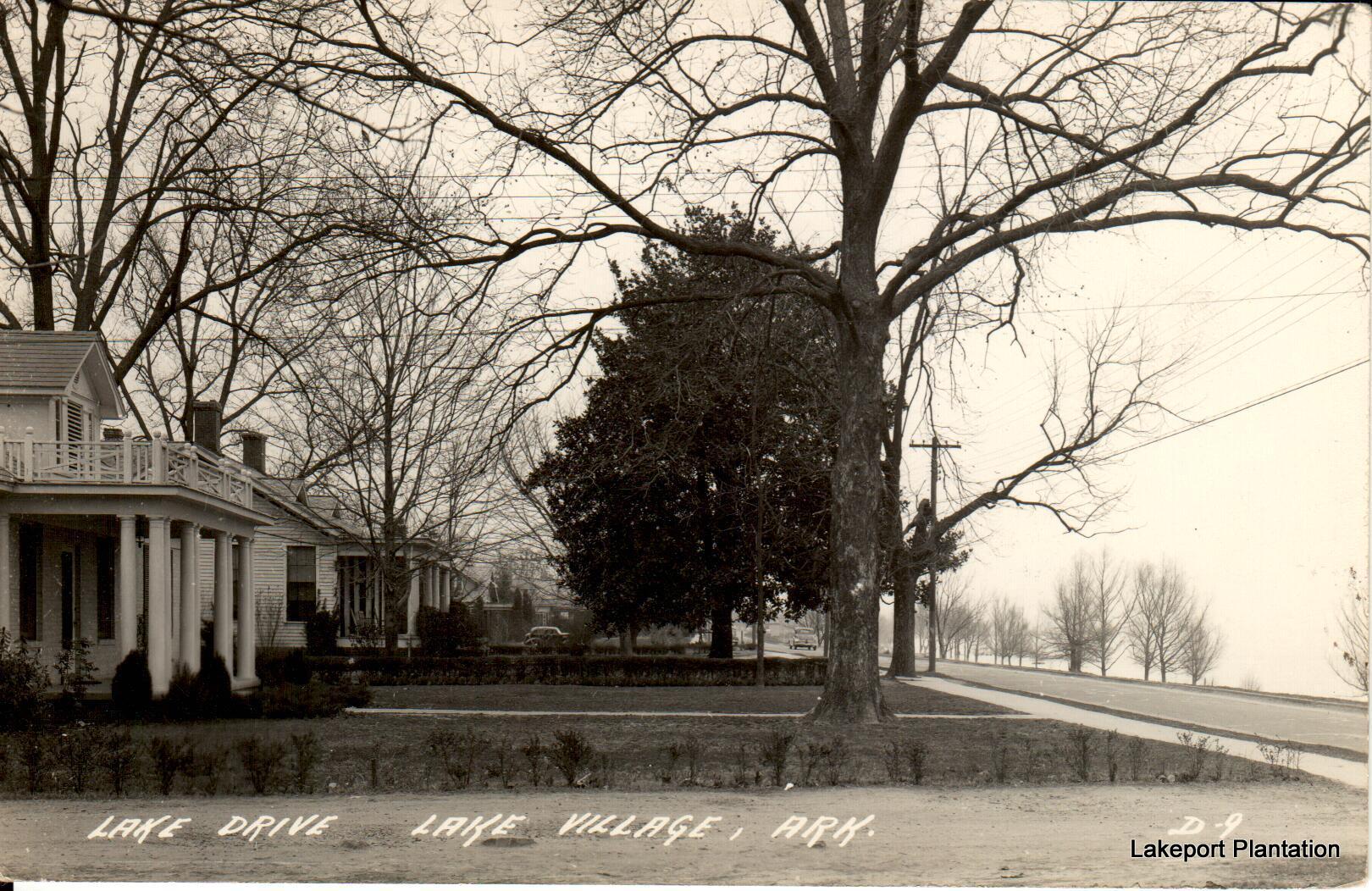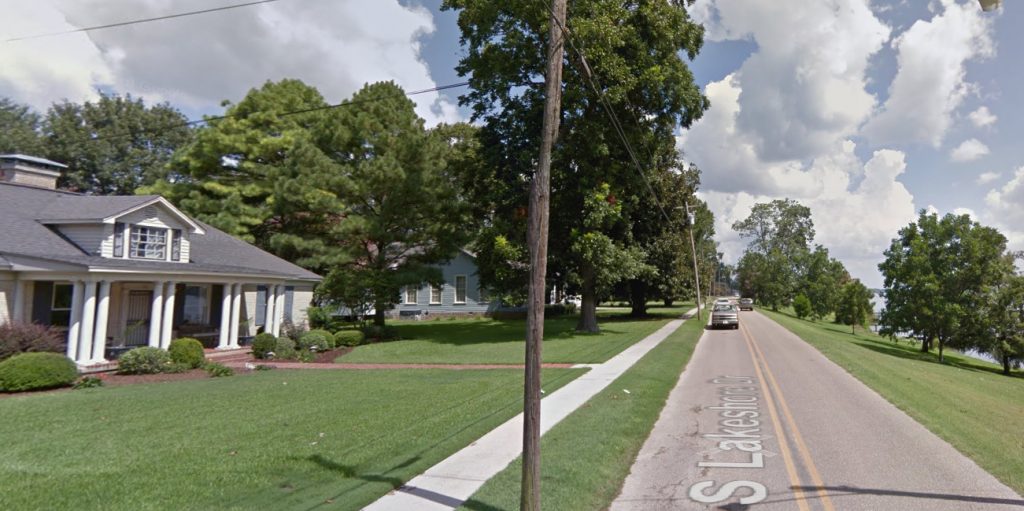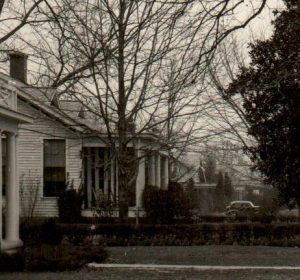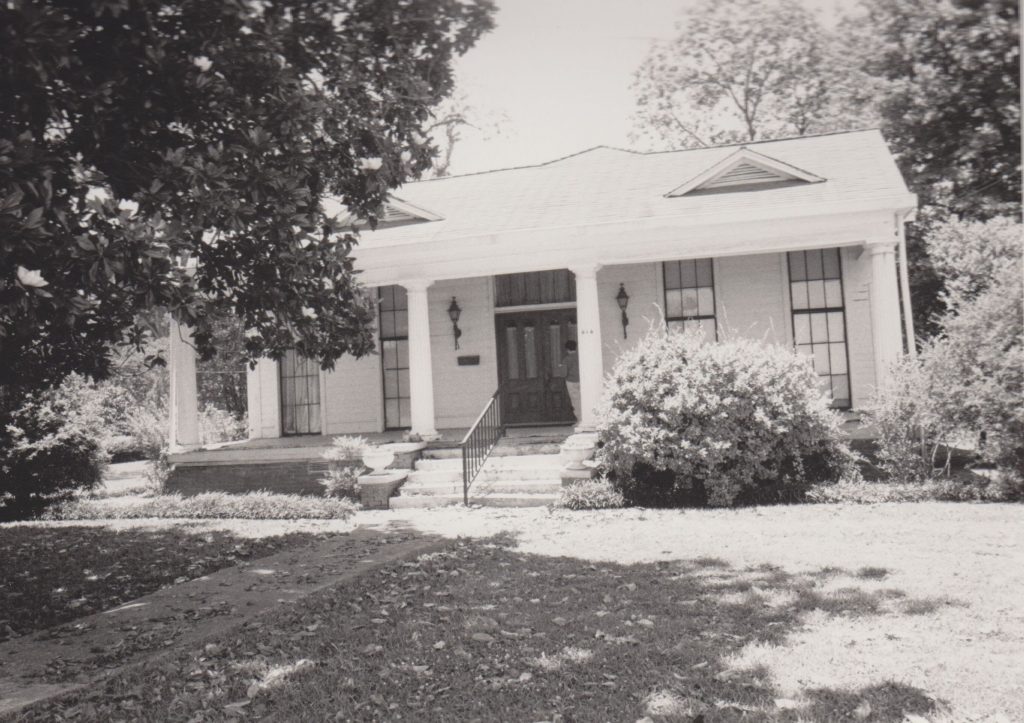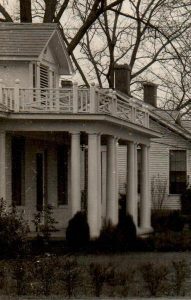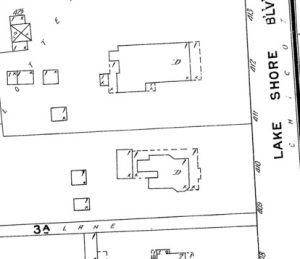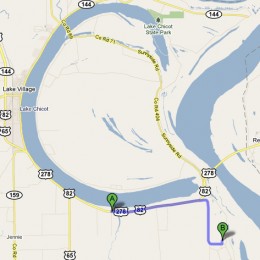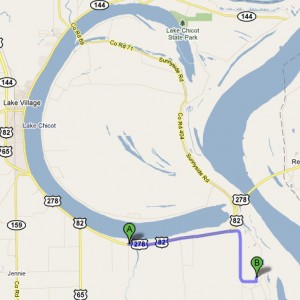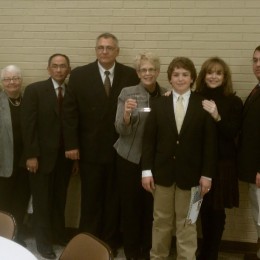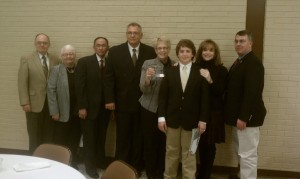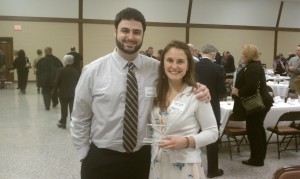Lakeport Legacies · Growing Up on Yellow Bayou Plantation: A Conversation with Mr. Robert Fulford
Growing Up on Yellow Bayou Plantation: A Conversation with Mr. Robert Fulford
Mr. Robert Fulford (Dermott, AR)
Thursday, May 24
Refreshments & Conversation @ 5:30 pm
Program @ 6:00 pm

Robert Fulford, in addition to writing, photographs places and things that remind him of his childhood on Yellow Bayou in the 1950s and 1960s
Lakeport Legacies for May 24 features Mr. Robert Fulford of Dermott with “Growing Up on Yellow Bayou Plantation: A Conversation with Mr. Robert Fulford.” Fulford grew up on Yellow Bayou Plantation, just north of Lake Village, in the 1950s and 1960s. He has written three self-published books about his childhood and experiences on the plantation
Both of Mr. Fulford’s books will be available for purchase (cash or check only):
A Collection of Anecdotes During my Childhood While Living on Yellow Bayou Plantation: Book 1 — $12
A Collection of Anecdotes During my Childhood While Living on Yellow Bayou Plantation: Book 2 — $12
Dark Days of the South: Before & After Segregation — $12
Register for this FREE Event
(by phone, email or online)
870.265.6031 ·
601 Hwy 142 · Lake Village, AR 71653

